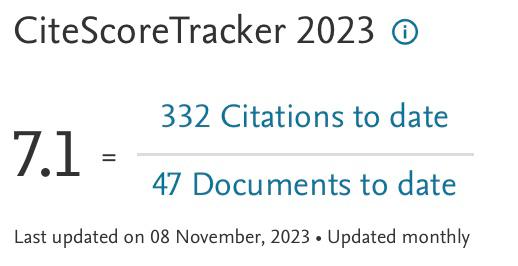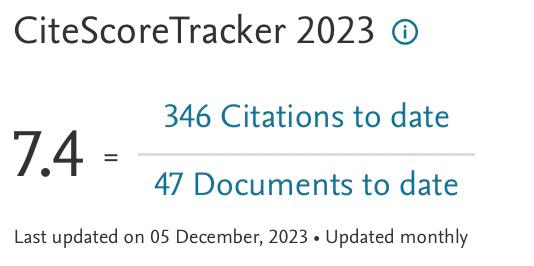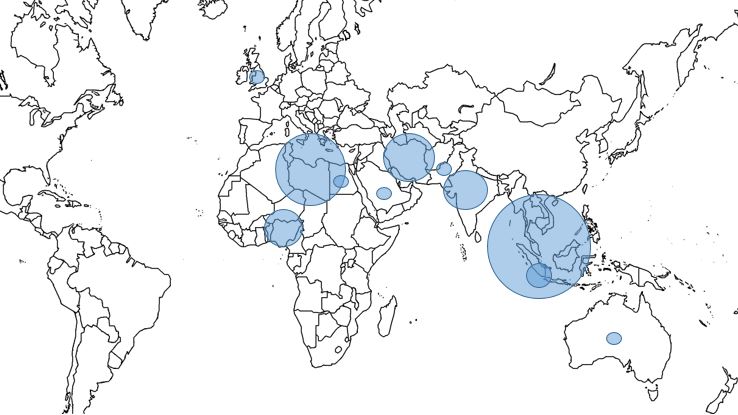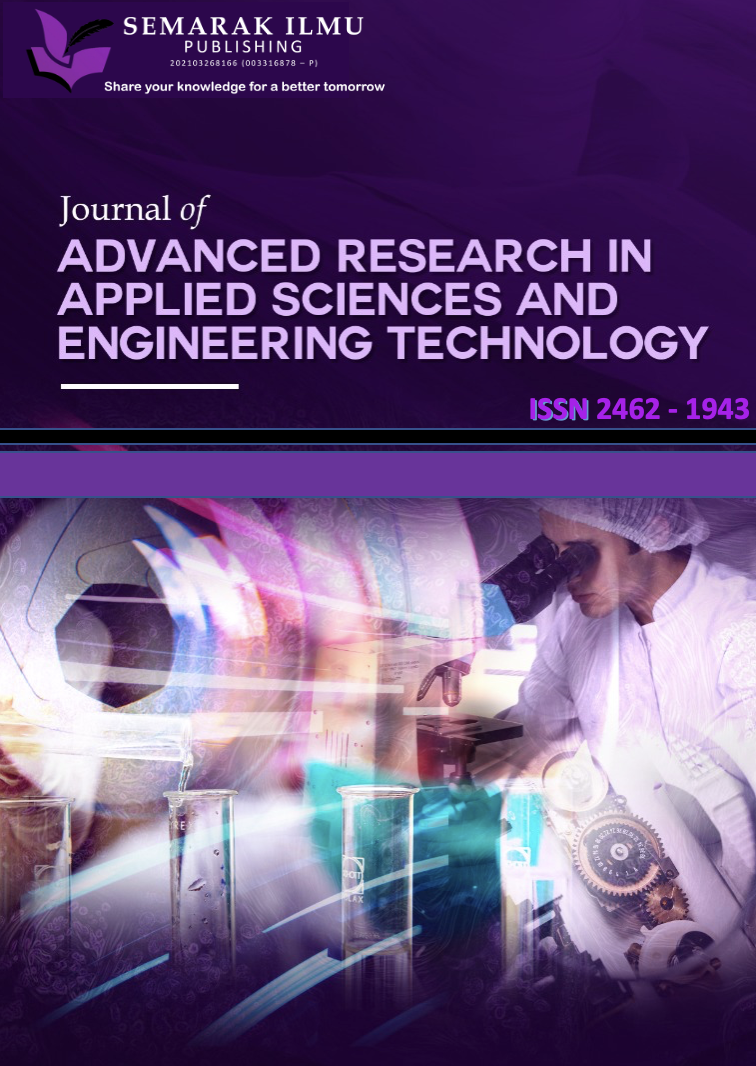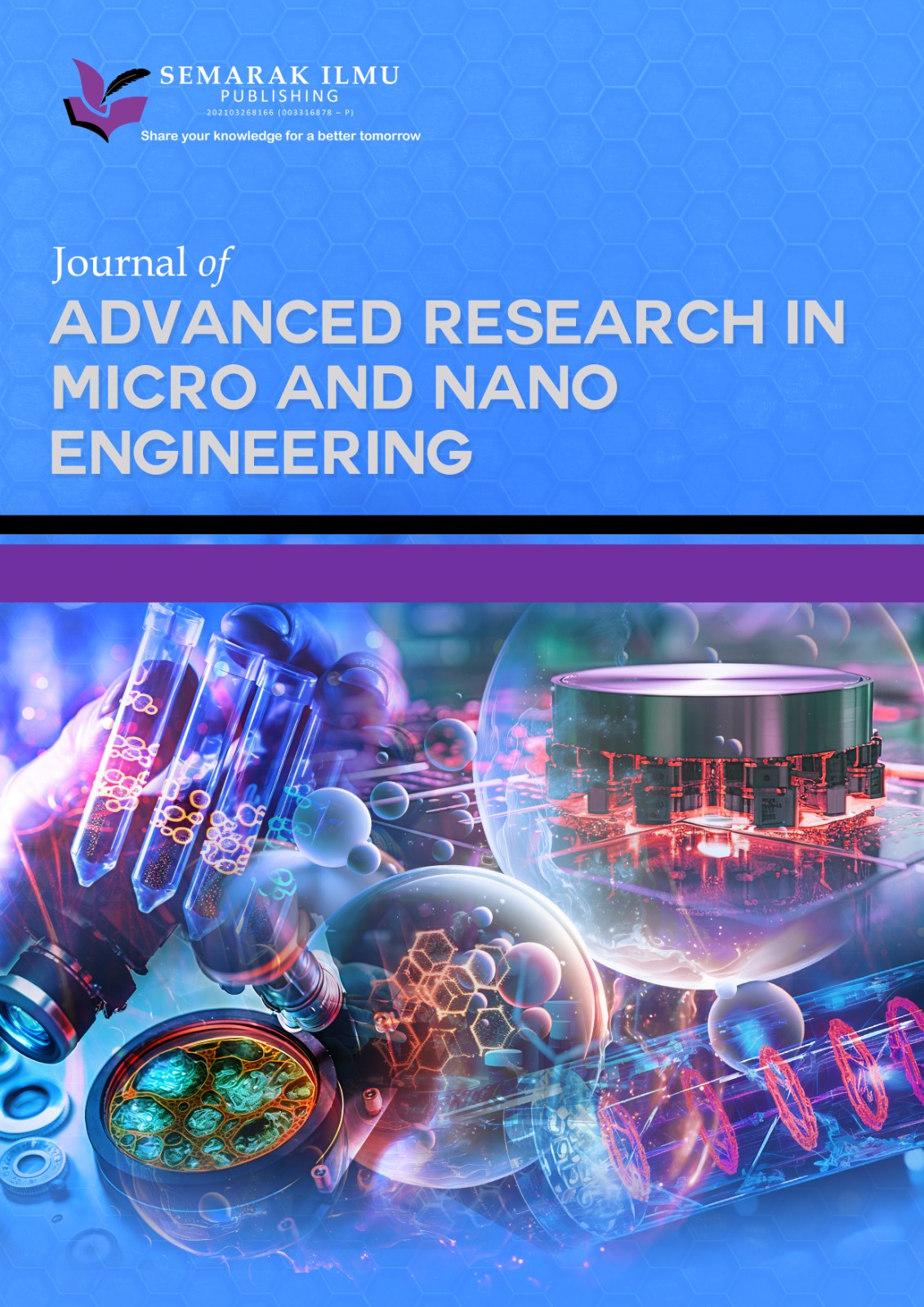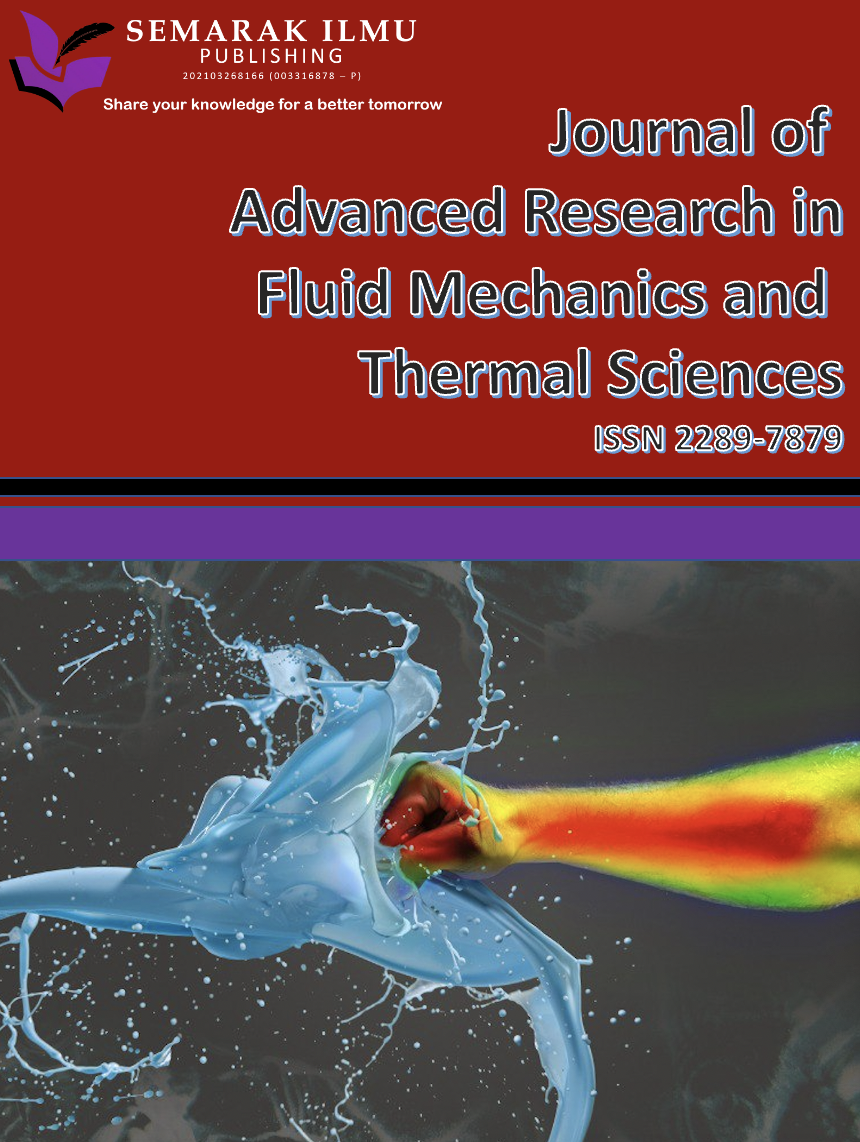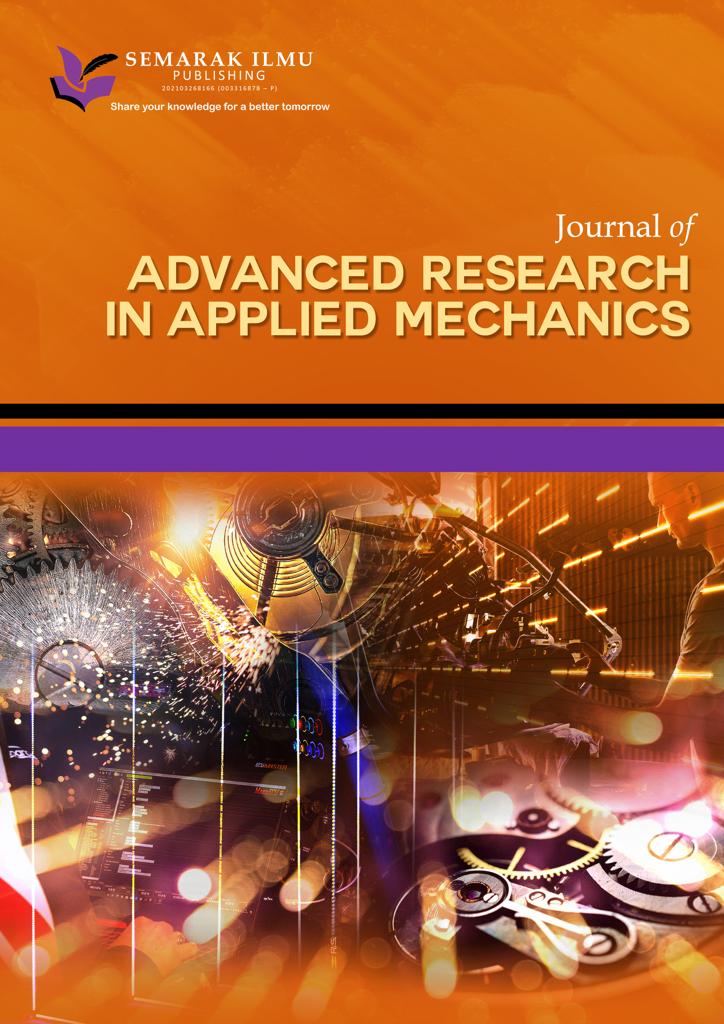Combustion Characteristics of Diesel and Ethanol Fuel in Reactivity Controlled Compression Ignition Engine
Keywords:
Combustion characteristics, emissions, engine speed, fuel reactivity, injection timingAbstract
Reactivity controlled compression ignition (RCCI) engine is working with high compression power and promising a maximum engine power. Compression ignition engine is widely used for heavy duty application due to their advantage that produces higher fuel efficiency. However, this type of engine contributes to production of NOx and soot emissions that leads to environmental pollution which is harmful to human health. The concept of RCCI engine is still new and various studies on the control of combustion and release of emissions are needed. In addition, the range of RCCI engine operations is also limited by heat release rate (HRR) and peak pressure release rate (PPRR) as well as weak combustion efficiency which results in high emission of HC and CO. The objective of this research is to study the effect of injection strategy of single injections towards performance, combustion characteristic and emissions. The study was conducted using a 3D computational fluid dynamic (CFD) software named Converge V2.4; based on single cylinder, direct injection, Yanmar TF90 diesel engine parameters. The results show that operating the engine in the low engine speed gives suits better for diesel-ethanol combustion which provides better engine performance compared to higher engine speed. This is because, when the engine speed is high, the oxygen content in the cylinder is not enough for complete combustion and leads to emission rise. Hence, advance the injection timing can produce better and more complete combustion in the condition of high engine speed. Advance injection strategies can improve the reactivity in the cylinder that creates steeper reactivity gradient and equivalence ratio gradient throughout the combustion chamber.



